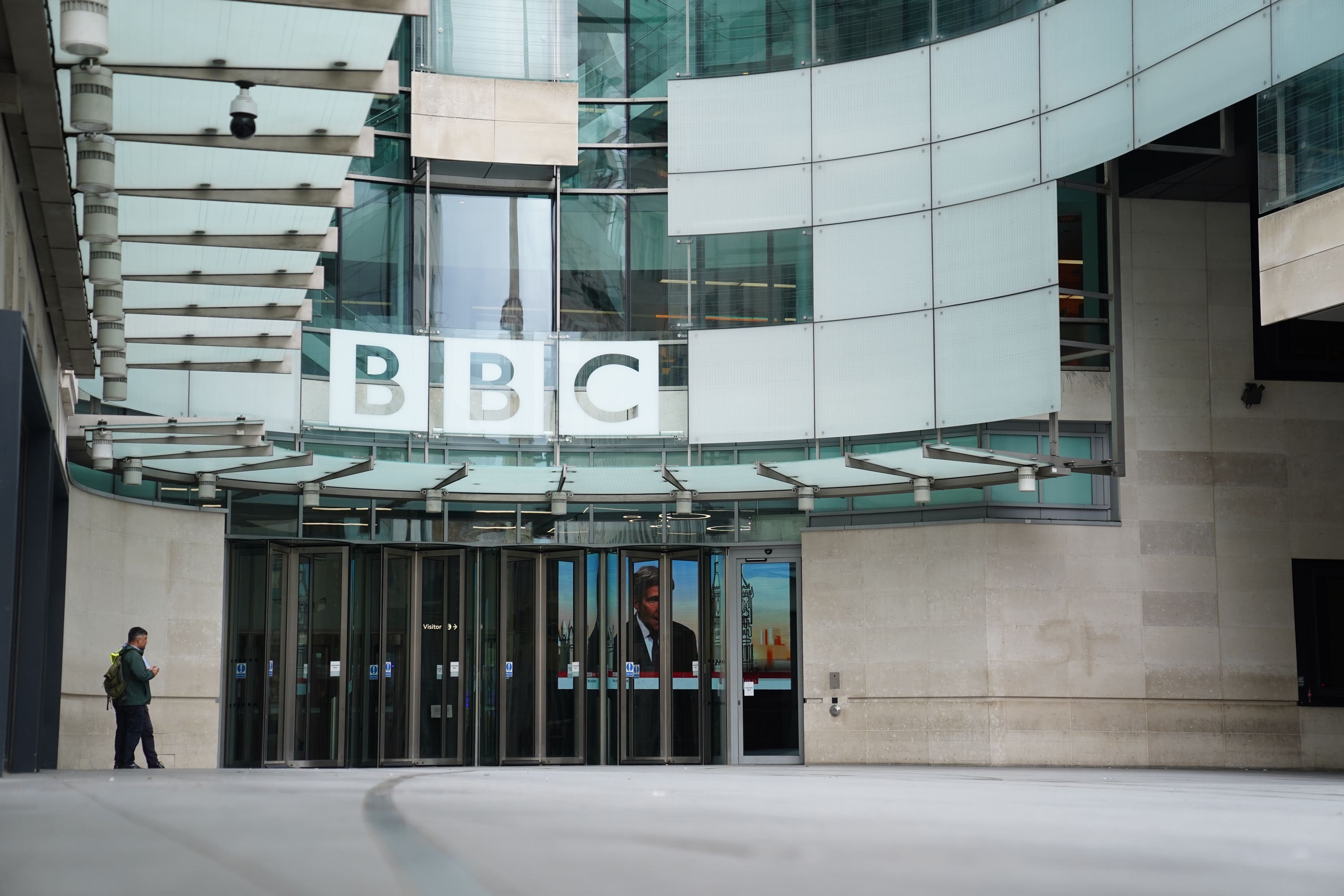The calls have come from all parts of the political spectrum for the BBC to act swiftly to investigate its handling of allegations that a star presenter paid a teenager tens of thousands of pounds for explicit pictures. The BBC has belatedly suspended the presenter in question and called in the police.
Urgent talks between the culture secretary Lucy Frazer and BBC’s director-general Tim Davie on Sunday highlight the political pressure – that will only build – on the BBC to act. Not least given that the allegations involve potential criminality. And while there have been plenty of occasions where the BBC has been used as a political football in recent times, it is clear that the corporation has serious questions to answer.
According to Ms Frazer, Mr Davie has assured her “the BBC are investigating swiftly and sensitively”. However, that hasn’t stopped the corporation from facing accusations that it has not moved fast enough. Labour’s shadow chancellor, Rachel Reeves, told Sky News: “The investigations need to be much swifter, action needs to be taken quicker when there are serious complaints like this.”
Those comments stem from the fact that The Sun, which first published the allegations, reported that the family had first complained to the BBC on 19 May. In a statement later in the day on Sunday, the corporation said it had “first became aware of a complaint in May. New allegations were put to us on Thursday of a different nature”.
Mr Davie said that the corporation is in contact with the family referenced in the media reports and is working to establish the facts of the case before taking further action. It is believed the BBC has been in contact with the police.
In that context, some of the questions that the BBC needs to be clear about are: who carried out this attempt to contact the complainant? How did they try and contact the family? Who complained and when? What steps did they take to question the presenter and investigate further?
When it comes to the presenter themselves, the BBC initially said that they would not be on air in the near future. This vacuum of information was then filled by BBC presenters taking to social media to say they are not involved. The announcement that a male member of staff had been suspended came on Sunday afternoon.
As The Independent has stated many times over the years, the BBC is a valuable national institution that has a significant role to play in both Britain and around the globe. But such status comes with the need to uphold the high standards expected of such an institution. Allegations such as these are incredibly serious and need to be handled swiftly, thoroughly and with sensitivity. To fail on any of these counts would rightly bring significant reputational damage to the BBC.
There is no doubt that this is a crisis for an organisation and a director-general that have already faced a number of scandals this year. There is a need for transparency. The level of communication currently being shown by the corporation is not good enough. Mr Davie is expected to face questions from journalists when he gives a press conference to launch the corporation’s annual report on Tuesday. He will likely be in for a tough time.
This is also not the only scandal to have rocked the world of media recently, following Phillip Schofield’s fall from grace, and Ms Reeves said that all broadcasters need to take note and raise standards across the industry: “The standards that presenters operate at just need to be much, much higher, no one should be able to get away with this sort of thing and think they can get away with it.”
Clear, well-communicated action is the order of the day for the BBC, ensuring that all the circumstances around these allegations are thoroughly investigated.

Join our commenting forum
Join thought-provoking conversations, follow other Independent readers and see their replies
Comments